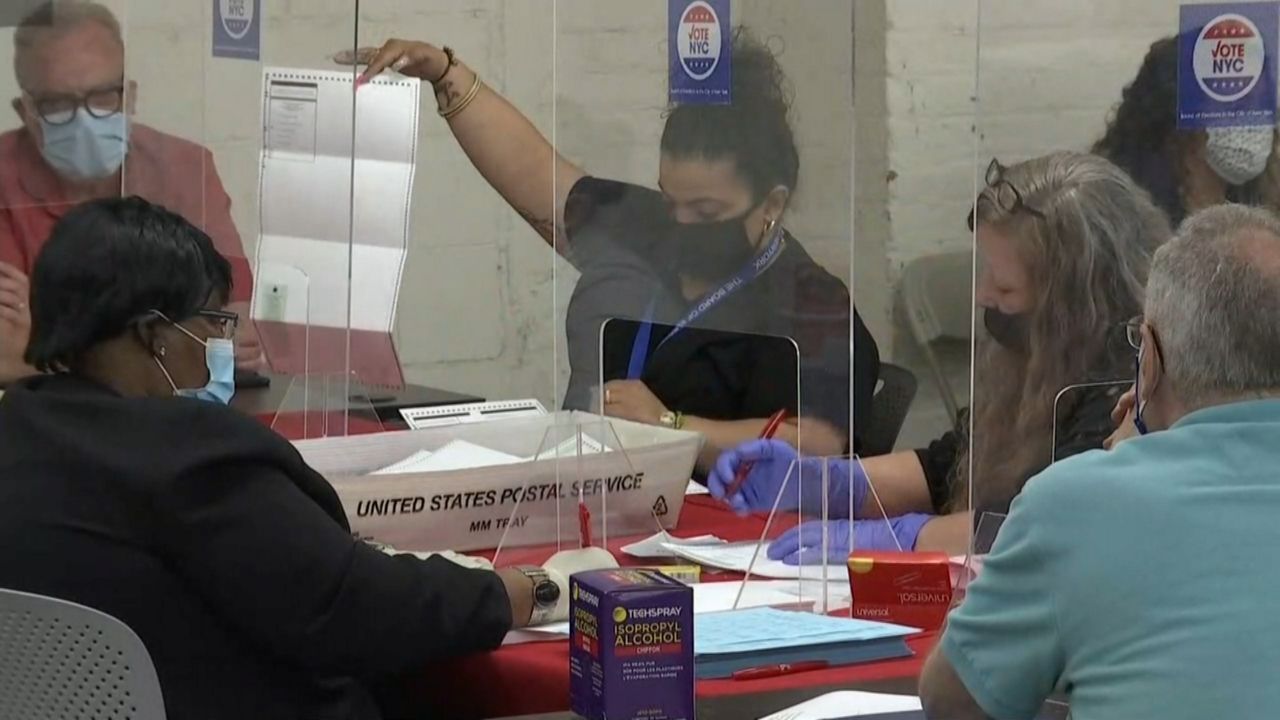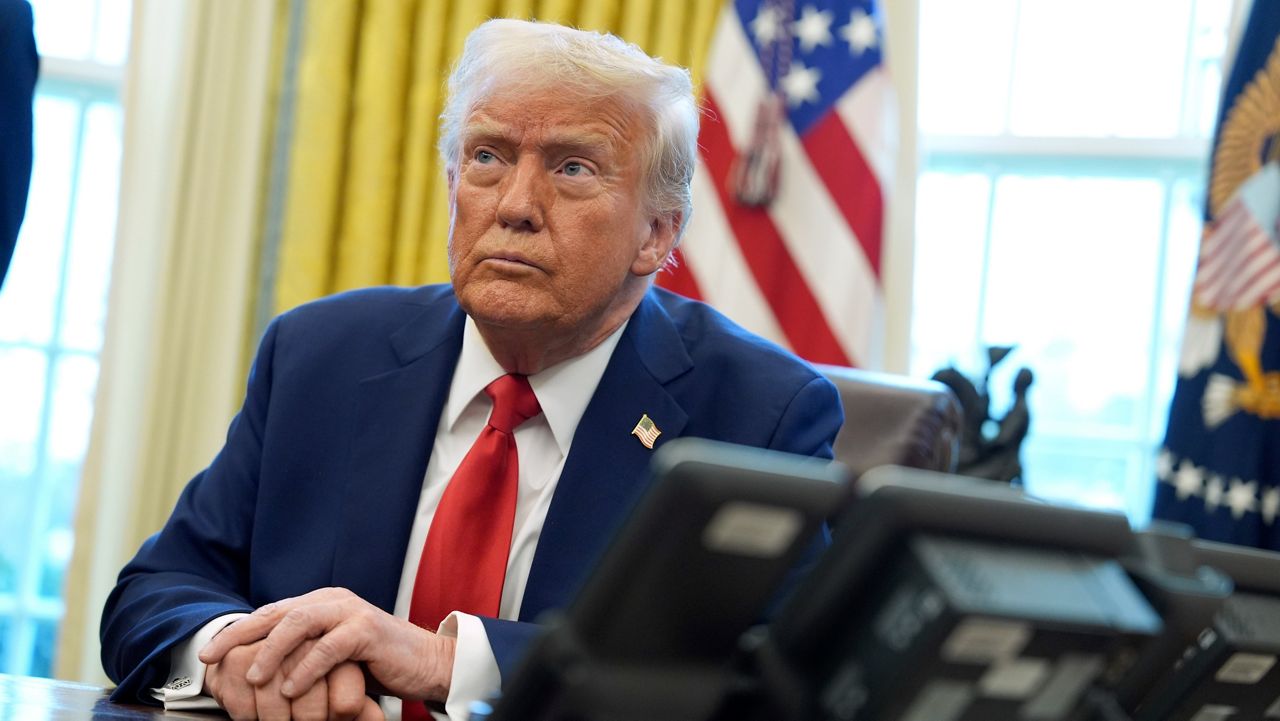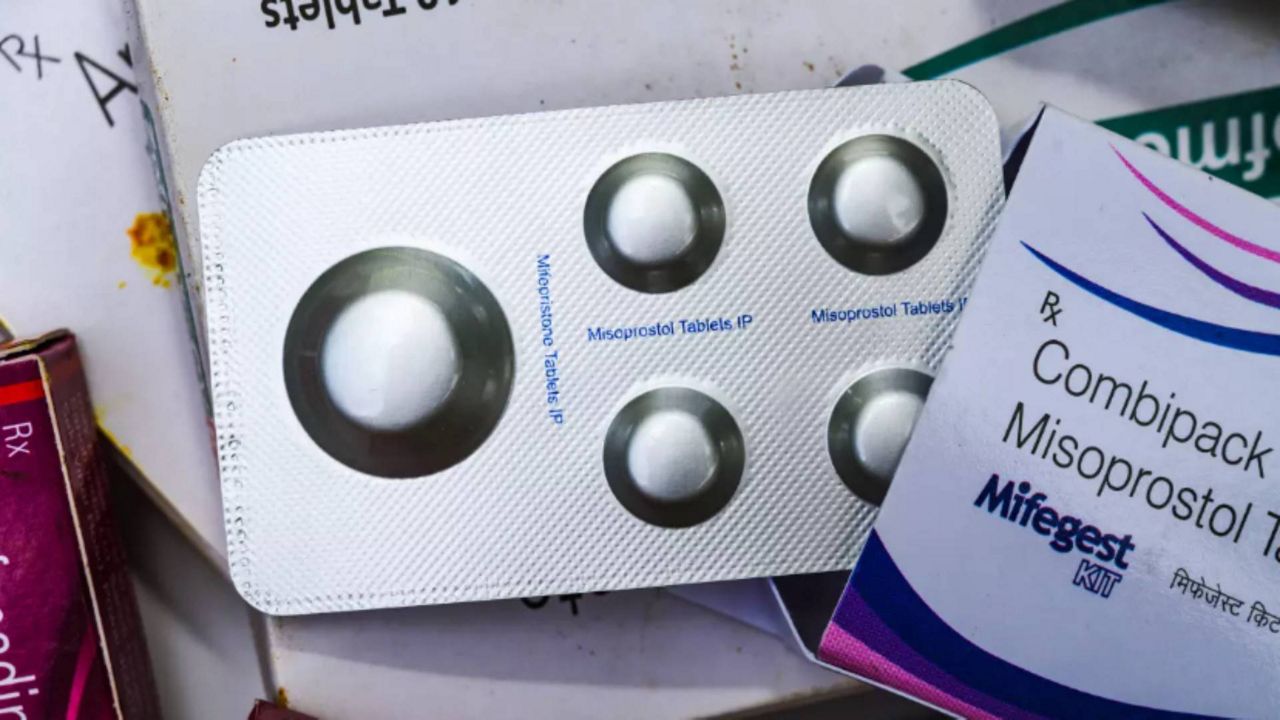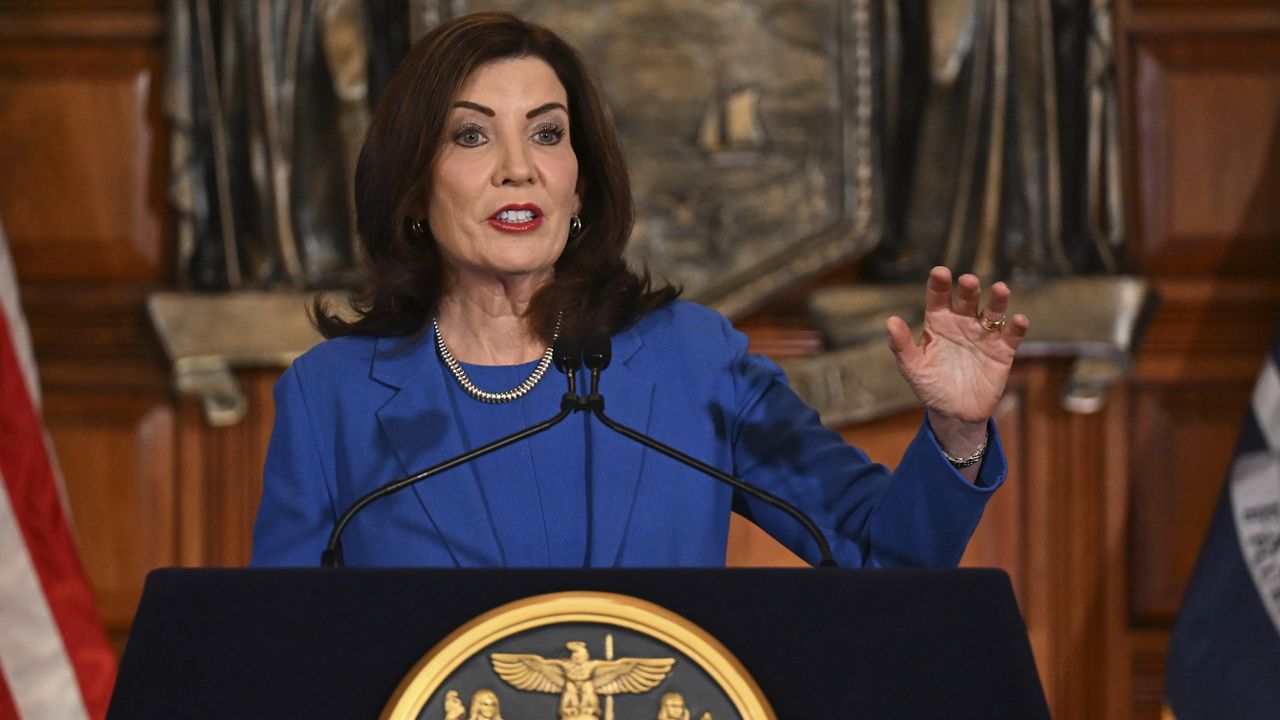State lawmakers this week approved the final passage of a bill that would extend what is in essence no-excuse absentee ballot access through the November general election in New York.
“The single most important element of our democracy is that voters have confidence in the results of our elections," said Assemblyman Jeff Dinowitz, who backed the bill with Senator Alessandra Biaggi.
"Without expanded absentee voting eligibility for upcoming elections, New Yorkers will be forced to choose between their health and their vote and that is unacceptable,” Biaggi said. “The continued rise in COVID-19 cases around the United States does not inspire confidence that we will be in a position to conduct robust in-person elections for a long time, and this legislation bridges the gap between now and when voters will have the opportunity to authorize no-excuse absentee voting for 2022."
The measure extends the criteria for absentee ballot access that was provided for in the June 23 primary. At the time, the state sent all eligible voters for the primary an absentee ballot application.
The move was meant to limit the spread of coronavirus, as well as allow people to vote who were otherwise concerned about going to the polls in person.
But there were problems with absentee balloting on such a massive scale. Most Boards of Elections are not accustomed to the wave of ballots received and definitive election results took weeks to determine.
Still, expanding absentee ballot access was applauded by the AARP as older voters remained concerned about going to the polls in person.
“Older voters in our state should not have to risk their lives or their health to exercise their right to vote," said AARP state director Beth Finkel. "With the pandemic still upon us, all registered voters should be able to cast their ballots safely from home if they choose in the November general election. AARP New York thanks Senator Biaggi and Assemblyman Dinowitz for protecting New Yorkers’ safety with their legislation, and we call on Governor Cuomo to sign it into law.”







